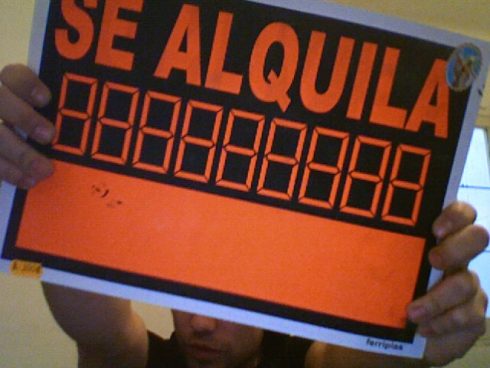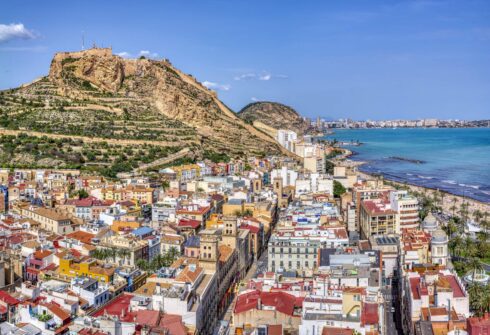SPAIN’S passport is now the undisputed king of Europe after being ranked more powerful than France’s or Italy’s – and, bizarrely, Hungary’s, which comes in fifth.
A new ranking of the world’s strongest passports by visaguide.world has found that Spain outranks all its European rivals according to factors such as visa-free access, visa on arrival, eVisas, and global mobility.
Worldwide, Spain ranks second with a score of 90.60, behind only Singapore, which came first with a score of 91.27.
This new ranking actually bumps Spain down a place from taking top spot on the podium last time out in February.

However, Spain also shared first place with five other nations, significantly diluting the achievement.
But now, the country stands – if not head-and-shoulders then at least a head – above its previous peers such as France (90.53), Italy (90.31) and Germany (90.27).
Spanish passport holders travel to 43 countries without a passport, travel visa-free to 107 countries and receive a Visa on Arrival in 28 countries.
Eleven countries require an Electronic Travel Authorization (eTA) and a further 22 demand an Electronic Visa (e-Visa).
There are no countries that prohibit entry to Spanish passport holders.
The United Kingdom doesn’t even make it into the top 30, ranking 35th with a score of 87.07, while the United State comes in a plum 40th – right behind Canada at 39.
And spare a thought for the poor Somalians, whose passport comes rock bottom at 199th place in the world.
The bottom five is rounded out by Sudan, Pakistan, Syria and Afghanistan.
The ranking is calculated by assigning a value, called a Destination Significance Score (DSS), to each travel destination.
A unique DSS value is assigned to each destination based on the entry policy it enforces on the passport, GDP, Power Index, Tourism Index and Human Development Index (HDI), among other factors.
The DSS is multiplied with the value of the visa requirement of the destination country toward the selected passport holders.
The following visa or entry policies are included in the calculations:
Visa Free Travel. If no visa is required for passport holders from a country, then the DSS is multiplied by 1.
Electronic Travel Authorization. The DSS is also multiplied by 1 if passport holders can obtain an electronic travel authority (ETA).
Visa on arrival. For destination countries that require a visa on arrival, the DSS is multiplied by 0.8.
Electronic visa (e-Visa). For destination countries where a passport holder has to obtain a government-approved electronic visa (e-Visa) before departure, the DSS is multiplied by 0.3.
Embassy or other government-approved visas. If passport holders need to apply for a visa at an embassy or any other form of pre-departure government-approved permit, a score with a value = 0 is assigned.
Passport free travel. If passport holders can visit a country without a passport, the DSS is multiplied by 1.01.
Banned Entry. If a passport holder is not allowed to enter a country, the DSS is multiplied by -0.5.
Because destination countries are each assigned a unique DSS, it means that being able to travel visa-free to a destination with a higher DSS gives the selected passport a higher value than having visa-free access to a country with low DSS.
This results in a more accurate ranking for each passport.
Once all factors are calculated, each passport has its own unique value, with no two countries having the same number of ‘visa-free’ destinations.











